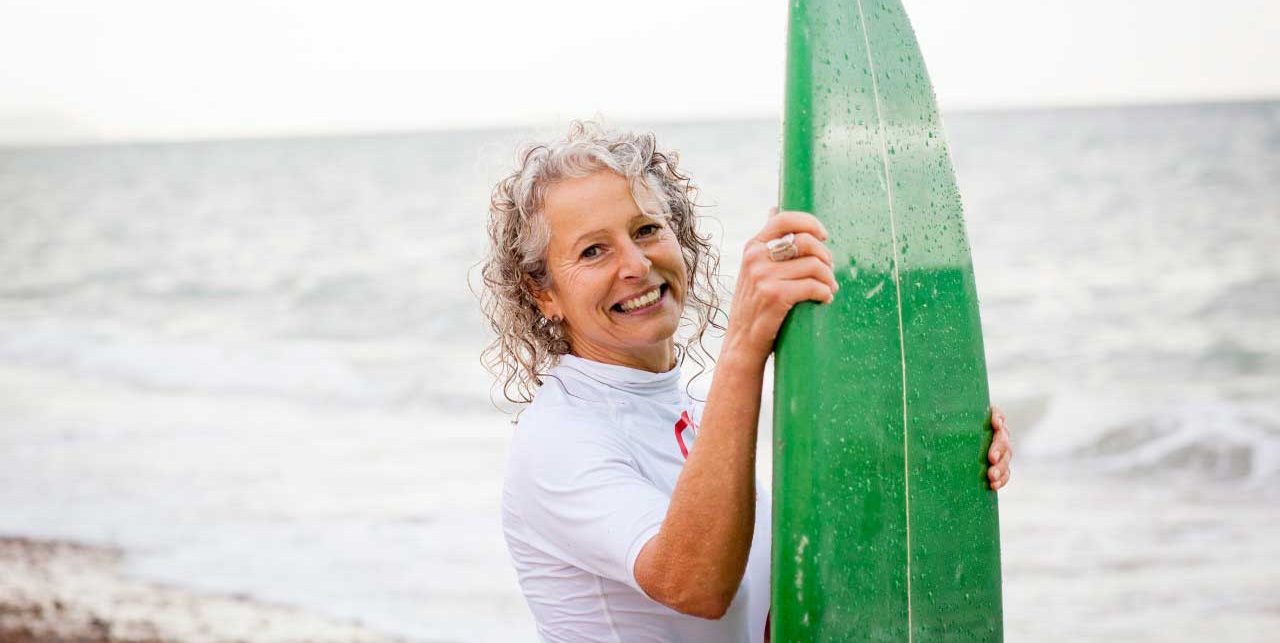Older Women Need Fewer Mammograms

Do older women need fewer mammograms? A cancer group recommends some women need less frequent screening for breast cancer after age 54.
I’m 54 and last month received a notice from the service where I had my mammogram last year that it was time for my next one. I decided to ignore it.
Who hasn’t seen women go through days or weeks of anxiety over what turned out to be false breast cancer alarms? But also like most of us, I know women who have been successfully treated for breast cancer. You may know someone who died of it.
So how often do you need to get a mammogram? It’s a question to which you’ll hear many different answers.
As of now, the American Cancer Society (ACS) thinks I can wait until next year. Its new guidelines recommend that women with an average risk of breast cancer begin yearly mammograms at 45 until they are 54. Then they can move to mammograms every other year if they are in good health.
Also, you don’t need a breast exam by a nurse or doctor unless you have symptoms, the organization says.
In the past, the ACS recommended a yearly clinical exam and mammogram once you hit 40. But most developed countries around the world recommend screening every 2 or 3 years. As early as 2009, the U.S. Preventive Services Task Force updated its own screening guidelines to recommend every-other-year mammograms for women ages 50 to 74. The task force concluded that the downside of more frequent screening outweighs the small estimated benefits.
You’ll still need to make your own decision with your gynecologist to assess your own risk. The National Cancer Institute provides this online questionnaire. Early menstruation (before age 12); a family history of breast cancer; having your first child at an older age; never giving birth; menopause after 55; using hormone pills; having more than one alcoholic drink a day; and being overweight or obese, particularly around the waistline, all count as risk factors. But you needn’t stress over myths that breast cancer is caused by underwire bras, implants, deodorants or antiperspirants — or mammograms.
Even though getting checked every other year means tumors will be bigger and more advanced when discovered, writes editorial author Wendy Chen, MD, improvements in treatment and detection tilt the balance away from a yearly exam.
What if you have dense breasts? Your chances of breast cancer are slightly higher. Mammograms can still detect breast cancer despite your dense tissue. However, as I know in my own case, you may hear from your healthcare provider that you need an ultrasound or MRI. These, too, can lead to unnecessary tests and biopsies, and may not be covered by your insurance. Again, your risk factors should figure in your decision.
YOU MIGHT ALSO LIKE: 8 Things Most People Might Not Know About Breast Cancer
Updated:
February 27, 2020
Reviewed By:
Christopher Nystuen, MD, MBA